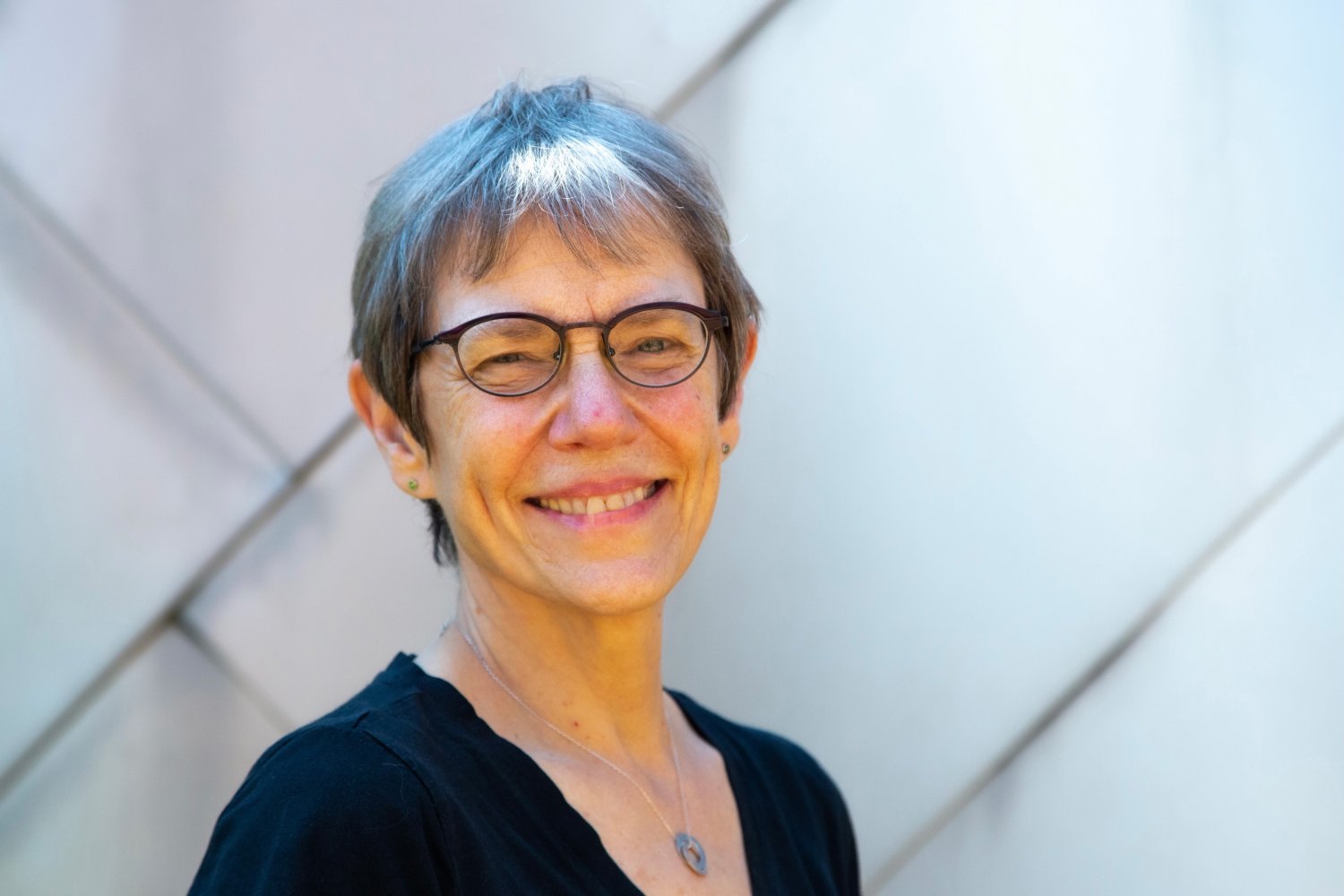
MIT philosopher Sally Haslanger has been named the 2024 recipient of the prestigious Philip L. Quinn Prize from the American Philosophical Association (APA).
The award recognizes Haslanger’s lifelong contributions to philosophy and philosophers. Haslanger, the Ford Professor of Philosophy and Women’s and Gender Studies, says she is deeply honored by the recognition.
“So many philosophers I deeply respect have come before me as awardees, including Judith Jarvis Thomson, my former colleague and lifelong inspiration,” Haslanger says. “Judy and I both were deeply engaged in doing metaphysics with an eye toward the moral/political domain. Both of us were committed feminists in a time when it was not professionally easy. Both of us believed in the power of institutions, such as the APA and the American Association of University Professors (AAUP), to sustain a flourishing intellectual community. Both of us have demanded that institutions we are part of abide by their values.”
Haslanger joined the MIT faculty in 1998.
Her research features explorations of the social construction of categories like gender, race, and the family; social explanation and social structure; and topics in feminist epistemology. She has also published in metaphysics and critical race theory. Broadly speaking, her work links issues of social justice with contemporary work in epistemology, metaphysics, philosophy of language, and philosophy of mind.
Her book, “Resisting Reality: Social Construction and Social Critique” (Oxford University Press, 2012), was awarded the Joseph B. Gittler prize for outstanding work in the philosophy of social science. She also co-authored “What is Race: Four Philosophical Views” (Oxford University Press, 2019). Her current book, “Doing Justice to the Social” (under contract with Oxford University Press), develops an account of social practices and structures, emphasizing their materiality, the role of ideology, and potential grounds for critique. She continues to document and ameliorate the underrepresentation of women and other minorities in philosophy.
Haslanger, a former president of the Eastern Division of the APA, singles out the collaborative nature of the field while also celebrating her peers’ recognition, noting her work is “inspired, nourished, and scaffolded by others.”
“Judy was a notable inspiration (and a clear example of how hard such work can be), but there are so many others who have been on this journey with me and kept me going, including feminist colleagues across the country and abroad, graduate students, staff members, and allies from many different disciplines and professions,” Haslanger says.
Awarded annually since 2007, the Quinn Prize honors the memory of Philip L. Quinn, a noted philosopher from the University of Notre Dame who served as president of the APA Central Division for many years. The prize carries a $2,500 award and an engraved plaque.
Kieran Setiya, the Peter de Florez Professor of Philosophy and head of the Department of Linguistics and Philosophy, says Haslanger has played a “transformative role in philosophy.”
“Sally’s influence on the field has been vast. Bridging a deep divide, she has brought critical social theory into conversation with analytic philosophy, arguing for an account of social structures and practices that does justice to their materiality,” Setiya says. “This work earned her a Guggenheim Fellowship as well as membership in the American Academy of Arts and Sciences, along with invitations to give lectures named after canonical philosophers past and present: Wittgenstein, Benjamin, Hempel, Kant, Spinoza, and others.”
Setiya noted Haslanger’s substantial contributions to the field, including her role in founding the Philosophy in an Inclusive Key Summer Institute (PIKSI) in Boston, which for 10 years has brought diverse undergraduates to MIT to show them that graduate study in philosophy is a meaningful option for them and to mentor them as they apply to graduate school.
“As Sally’s colleague, I am in awe not just of her extraordinary philosophical and professional achievements, but of her integrity and the seemingly limitless energy she invests in her students, in the Philosophy Section, in MIT, in the profession, and in fighting for social justice in the world from which academia is inextricable,” Setiya adds.
#2024, #Academia, #American, #Arts, #AwardsHonorsAndFellowships, #Book, #Canonical, #Collaborative, #Community, #Construction, #Easy, #Energy, #EquityAndInclusion, #Explanation, #Eye, #Faculty, #Features, #Ford, #Gender, #How, #Inspiration, #Issues, #It, #Justice, #Language, #Linguistics, #Links, #Members, #Memory, #Mind, #Mit, #Nature, #Other, #Philosophy, #Power, #President, #Research, #School, #SchoolOfHumanitiesArtsAndSocialSciences, #Science, #Social, #SocialJustice, #Staff, #Structure, #Students, #Studies, #Study, #Theory, #Time, #University, #Us, #WhatIs, #WomenSAndGenderStudies, #Work, #World
Published on The Digital Insider at https://is.gd/2drUjw.
Comments
Post a Comment
Comments are moderated.